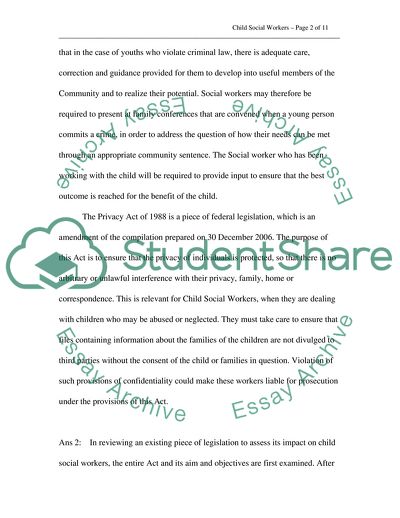Cite this document
(Legal and Ethical Framework: Child Social Workers Assignment, n.d.)
Legal and Ethical Framework: Child Social Workers Assignment. https://studentshare.org/social-science/1708527-work-within-legal-ethical-framework-youth-welfare-community-services
Legal and Ethical Framework: Child Social Workers Assignment. https://studentshare.org/social-science/1708527-work-within-legal-ethical-framework-youth-welfare-community-services
(Legal and Ethical Framework: Child Social Workers Assignment)
Legal and Ethical Framework: Child Social Workers Assignment. https://studentshare.org/social-science/1708527-work-within-legal-ethical-framework-youth-welfare-community-services.
Legal and Ethical Framework: Child Social Workers Assignment. https://studentshare.org/social-science/1708527-work-within-legal-ethical-framework-youth-welfare-community-services.
“Legal and Ethical Framework: Child Social Workers Assignment”. https://studentshare.org/social-science/1708527-work-within-legal-ethical-framework-youth-welfare-community-services.


